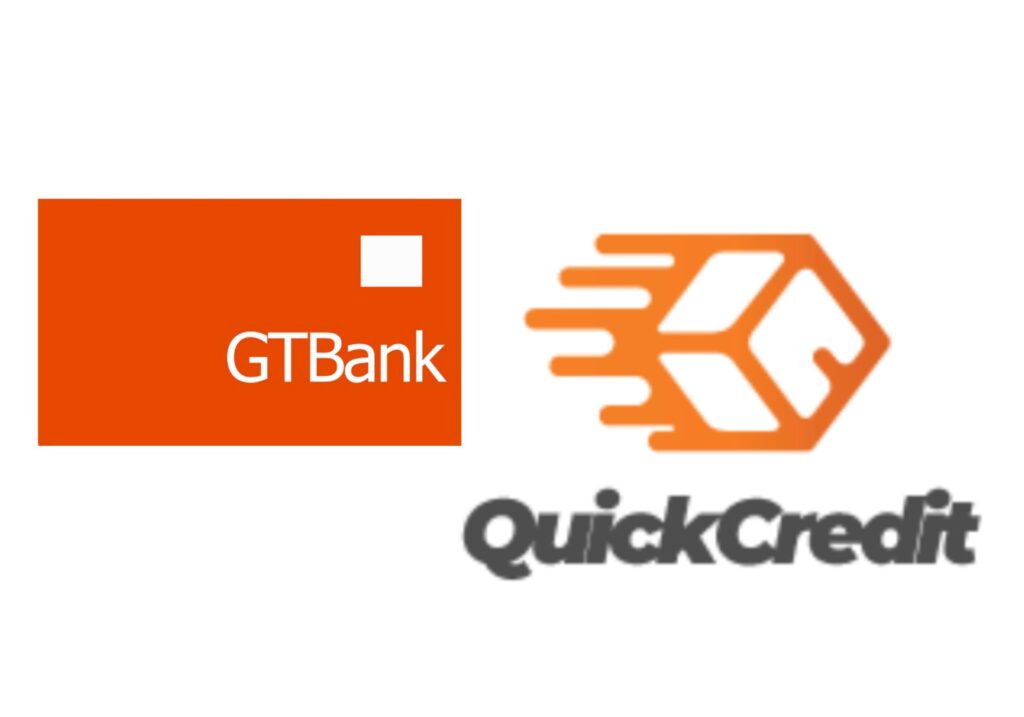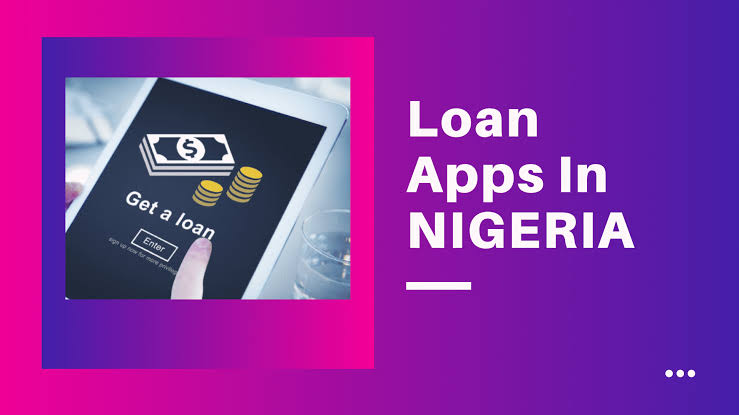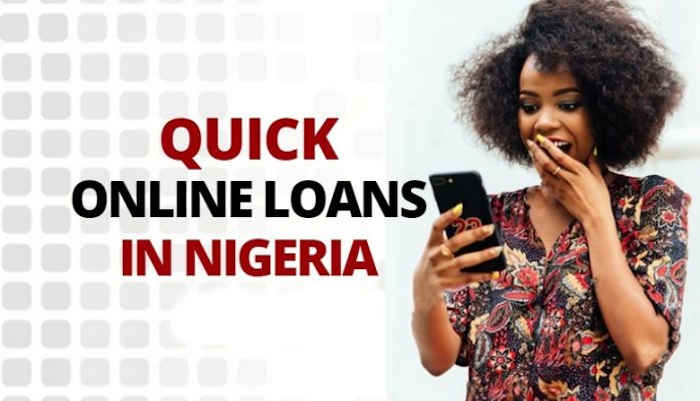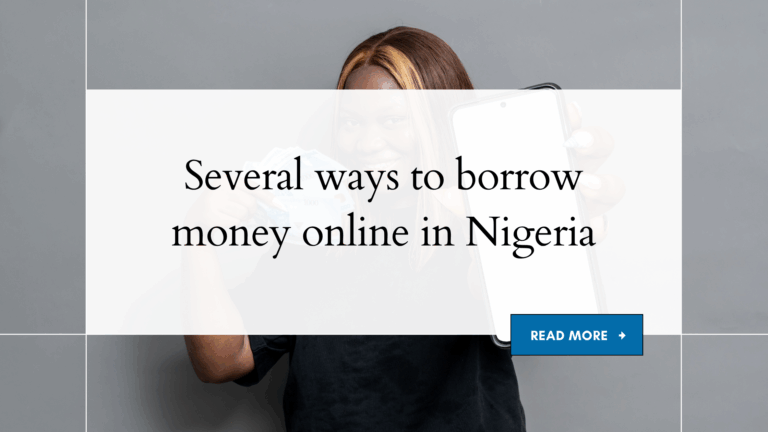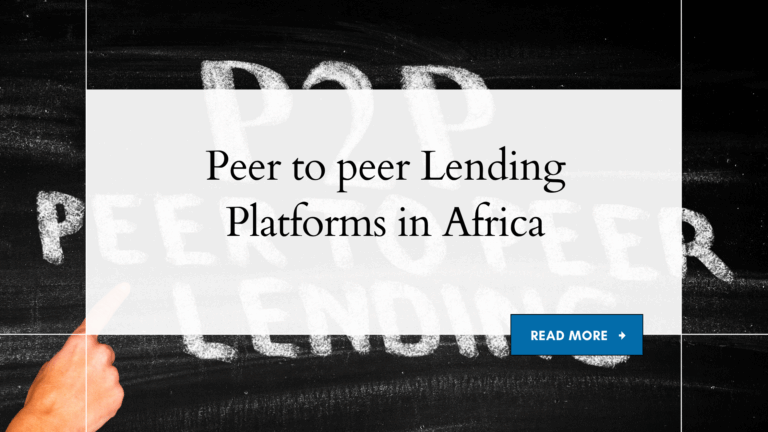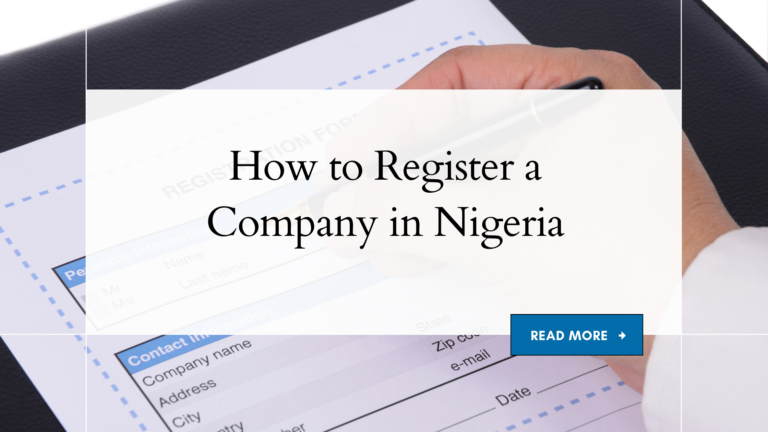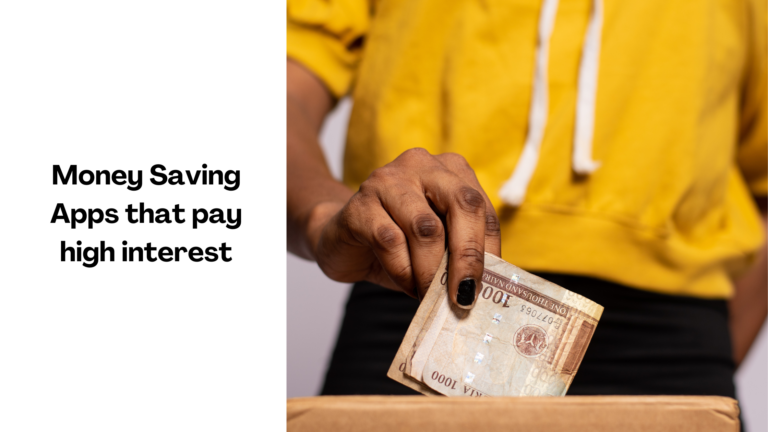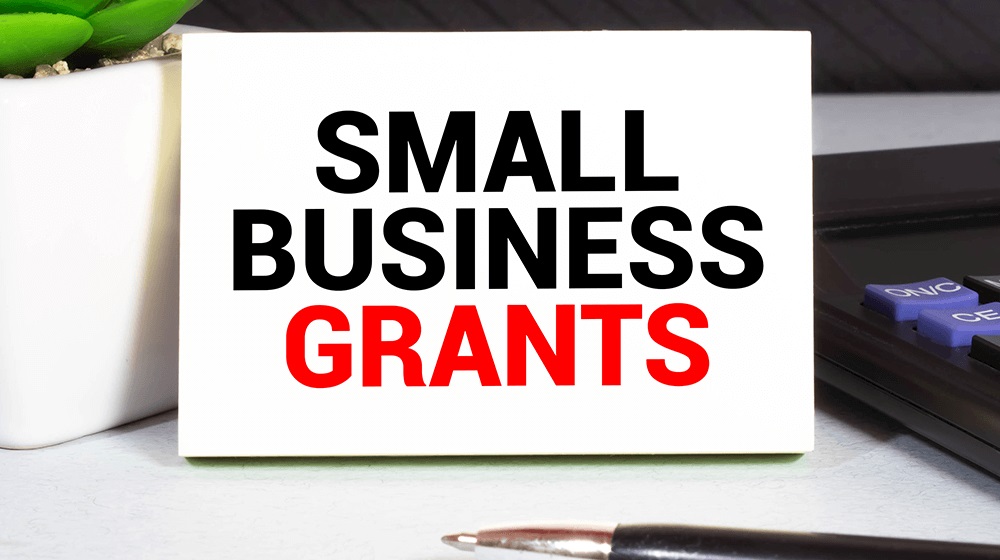The fintech revolution has continued to positively impact the global finance industry in recent years. Among its several offshoots is peer-to-peer (P2P) lending, a disruptive phenomenon that has gained significant traction across the globe. As the popularity and adoption of peer to peer lending platforms increases, so does its market value which is projected to increase from USD 517.2 billion in 2024 to USD 1,709.6 billion by 2034.
So what exactly is peer to peer (P2P) lending? Think of P2P lending as a decentralised kind of lending that facilitates direct borrowing between individuals or businesses (often through online platforms), bypassing intermediaries such as traditional financial institutions, e.g., banks. P2P lending is also known as crowdlending or social lending.
This article explores the rise of P2P lending in Africa, the challenges it faces, and highlights some successful P2P lending platforms operating across the continent.
The Rise of Peer to Peer (P2P) Lending in the African Continent
The OECD notes that fintech lending has grown significantly over the last decade. In Africa, this growth is due to several key factors that have created a conducive environment for P2P lending. Here are some of them:
Limited Financial Inclusion
A significant portion of Africa’s population of over 1.5 billion remains unbanked or underbanked. The lack of advanced banking infrastructure, especially in the continent’s rural areas, means that many individuals and small businesses are unable to access much-needed credit.
According to the AfricaNenda 2022 Annual Report, over 350 million adults in Africa are unbanked and the majority of them cannot access the formal economy. Therefore, to satisfy their financial needs, these excluded people depend on cash or informal sources, a dependence that is characterised by higher costs and risks.
P2P lending platforms take care of all these by providing alternative solutions to traditional financial systems.
Increasing Penetration of the Internet and Mobile Telephony
Africa has witnessed a rapid increase in mobile phone and internet usage in recent years. Mobile phone penetration in Africa has increased rapidly over time, for example, from 1% in 2000 to 54% in 2012, according to Deloitte’s report titled The Sub-Saharan Africa Mobile Observatory. As of 2023, the ITU estimates that 63% of Africans owned a mobile phone.
Between 2019 and 2022, more than 160 million Africans had access to broadband internet connectivity. In sub-Saharan Africa, there was a 115% increase in internet users between 2016 and 2021 while an additional 191 million persons either made or received a digital payment between 2014 and 2021.
These technological advancements have helped pave the way for the growth of P2P lending platforms whose services can easily be accessed through a smartphone with an internet connection.
Growing Need for Alternative Financing
Small and Medium Enterprises (SMEs) constitute the backbone of many economies in Africa. This notwithstanding, SMEs often struggle to secure funding from traditional lenders like banks, no thanks to strict lending criteria such as collateral requirements, and high interest rates.
P2P lending offers an effective alternative to traditional bank loans, enabling SMEs to source funds directly from individuals or investors willing to take the risk. Similarly, individuals requiring personal loans or emergency funding can also benefit from P2P lenders.
Favourable Regulatory Frameworks
As P2P lending and other fintech products and services continue to mature in the continent, African countries are beginning to recognise their potential, thus introducing regulations to support growth in these industries.
A CCAF report notes that Nigeria has an established regulatory framework for lending that encompasses P2P lending activities. Similarly, Kenya’s Central Bank released guidelines for digital lenders in 2021, (the amended Central Bank Act, 2021). The guidelines were aimed at boosting transparency and fairness within that country’s lending environment.
Although regulation in this area across the continent remains a work in progress, these early steps are a clear indication of the willingness of African governments to promote P2P lending as a viable alternative to traditional lenders.
Challenges Facing P2P Lending Adoption in Africa
Despite the potential and growth projections for P2P lending, the following are some challenges bedevilling its adoption across Africa:
Trust and Security Concerns
P2P lending relies heavily on trust between lenders and borrowers (as well as the platforms that connect them). In several African countries, the lack of awareness and understanding of the P2P lending concept creates scepticism, especially among older or more conservative users.
Additionally, the risk of fraud, loan defaults and lack of consumer protection can discourage potential users from engaging with P2P platforms.
Lack of Regulatory Clarity
The presence of clear regulations or supportive pronouncements by P2P lending regulators seems to be correlated with increased market activity. Though some African nations are evolving regulations for digital lending, there are others still lacking clear, comprehensive laws governing the industry. This regulatory uncertainty presents risks for investors, borrowers and other stakeholders.
According to the CCAF, as of 2021, the coverage of regulatory frameworks for P2P lending in sub-Saharan Africa (SSA) stood at 35%, significantly lower than in the MENA and APAC regions which recorded coverages of 58% and 72% respectively.
Without appropriate legal frameworks, disputes over situations such as loan defaults, fraud, and platform failure could be difficult to resolve, potentially undermining the credibility of P2P lending services.
Limited Data and Credit Scoring Systems
One of the most notable obstacles to P2P lending in Africa is the paucity of reliable data about borrowers. Credit scoring systems are either underdeveloped or nonexistent in many countries, making it difficult for lenders to critically evaluate the creditworthiness of potential borrowers.
Where reliable data and credit scoring models are not available, risk-averse lenders may be reluctant to offer loans, and borrowers may be subjected to higher interest rates due to perceived risks.
Economic Instability
Africa has some of the world’s poorest countries struggling with inefficiently managed economies. Economic instability, inflation, and currency volatility in some African countries make investing in P2P lending platforms riskier. Additionally, many African economies are highly susceptible to political unrest and fluctuations in global commodity prices.
Such economic woes can act as a deterrent for both local and international investors while also negatively impacting the repayment capacity of borrowers and the returns for lenders.
Examples of Peer-to-Peer (P2P) Lending Platforms in Africa
Presently, several P2P lending platforms have emerged across Africa, helping to bridge the financing gap for individuals and businesses such as SMEs. Some of these platforms include:
| Platform |
Website |
| FairMoney |
https://fairmoney.io/ |
| KiaKia |
https://www.kiakia.co/ |
| Aella |
https://aellaapp.com/ |
| PeerLender |
https://peerlender.app/ |
| P2Vest |
https://www.p2vest.com/ |
| RainFin |
https://www.rainfin.com/ |
| Qardy |
https://eqardy.com/home |
| FunderJet |
https://www.funderjet.co.za/ |
| Lendico |
https://lendico.ng/ |
| UbaPesa |
https://ubapesa.com/ |
| Zidisha |
https://www.zidisha.org/apply/NG |
| Kiva |
https://www.kiva.org/ |
| Pezesha |
https://pezesha.com/ |
| MNT-Halan |
https://mnt-halan.com/ |
Conclusion
The growth of P2P lending is not only evident in Africa but is a global phenomenon, according to the OECD. However, despite its rising profile in the continent, P2P lending in Africa is fraught with a number of challenges. Despite these obstacles, several P2P platforms are successfully operating in every part of the continent.

